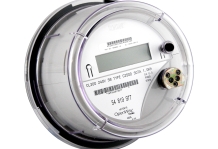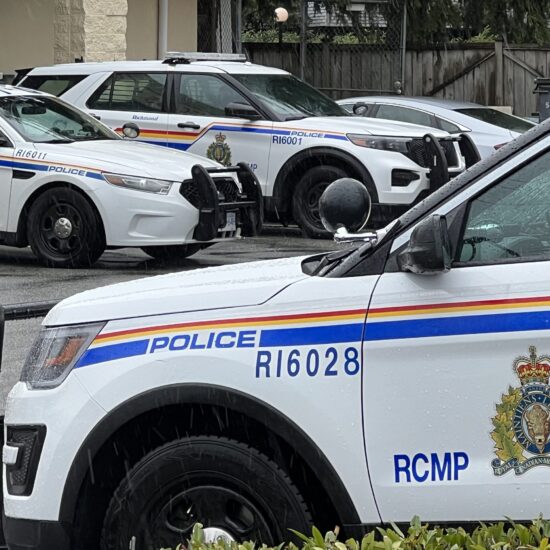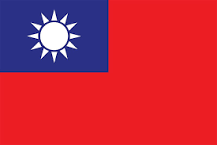
Bob Mackin
A BC Hydro internal audit of smart meter operations found the system is suffering from a lack of management teamwork.
The Oct. 24, 2018 report, obtained by theBreaker.news under freedom of information, assessed governance, operations and monitoring and reporting.

Itron OpenWay smart meter (BC Hydro)
“Strategic governance is not clear or socialized across the organization,” the audit said. “With the smart metering operation spanning across four business groups, prioritization and decision making occurs in isolation resulting in inconsistent objectives. There is no long term strategy to realize additional value from the investment in smart meters.”
BC Hydro spent $930 million on installing 1.9 million smart meters province-wide by 2015. The report said 45,000 customers continue to have their meters read manually. BC Hydro claimed the program would improve reliability and efficiency, enhance customer service and reduce electricity theft.
In fall 2017, BC Hydro distributed the smart metering function across four business groups: integrated planning, operations, technology and customer service. A smart metering management oversight committee struck in 2017 had met only twice to review results and prioritize significant ongoing issues, the audit said.
“The committee involves management from the four business groups however a mandate is not yet defined, meetings are infrequent, and the committee is not endorsed by the executives. Executive leaders are focused on other strategic initiatives and supporting the current government mandate to improve affordability. The priority is to meet performance and functional obligations in the business case, such as outage management within allotted budget.”

BC Hydro COO Chris O’Riley (BC Hydro)
There is an abundance of data stored in multiple systems, but the audit found no coordinated approach to using the data.
“It is unclear who is responsible for leading a strategy to leverage the value from data analytics.”
The report was distributed to 14 executives, including COO Chris O’Riley. BC Hydro retained Bridge Energy Group’s director of technology delivery, Roy Pratt, as a subject matter expert.
The audit said areas that also require attention include more advanced testing and deployment of smart metering technology, and improved integration of meter data into the outage management system.
In July 2018, BC Hydro measured a 97.5% registered read rate, meaning the utility received at least one meter read per day from the majority of smart meters.
“The smart metering system is well monitored at the operational level but requires enterprise level metrics to assess overall performance,” the audit said. “Smart meter data is leveraged formally in some cases, but many groups are just beginning to understand and develop uses for the data.”
BC Hydro spokeswoman Mora Scott said the findings were reviewed and the utility is working towards improving smart meter integration with the outage management system.
“This will be corrected through firmware upgrades and enhanced data filtering to better integrate the smart metering system and the outage management system by the end of 2019,” Scott said in a prepared statement. “We have also identified a lead to ensure we’re leveraging the data analytics to the best of our ability so we can continue to deliver additional benefits to our customers.”
She said smart meter data is used to pinpoint outage locations, determine how many customers are without power and determine which customers remain without power after restoration is completed in the field.
Support theBreaker.news for as low as $2 a month on Patreon. Find out how. Click here.
Smo Management Audit Report… by on Scribd










